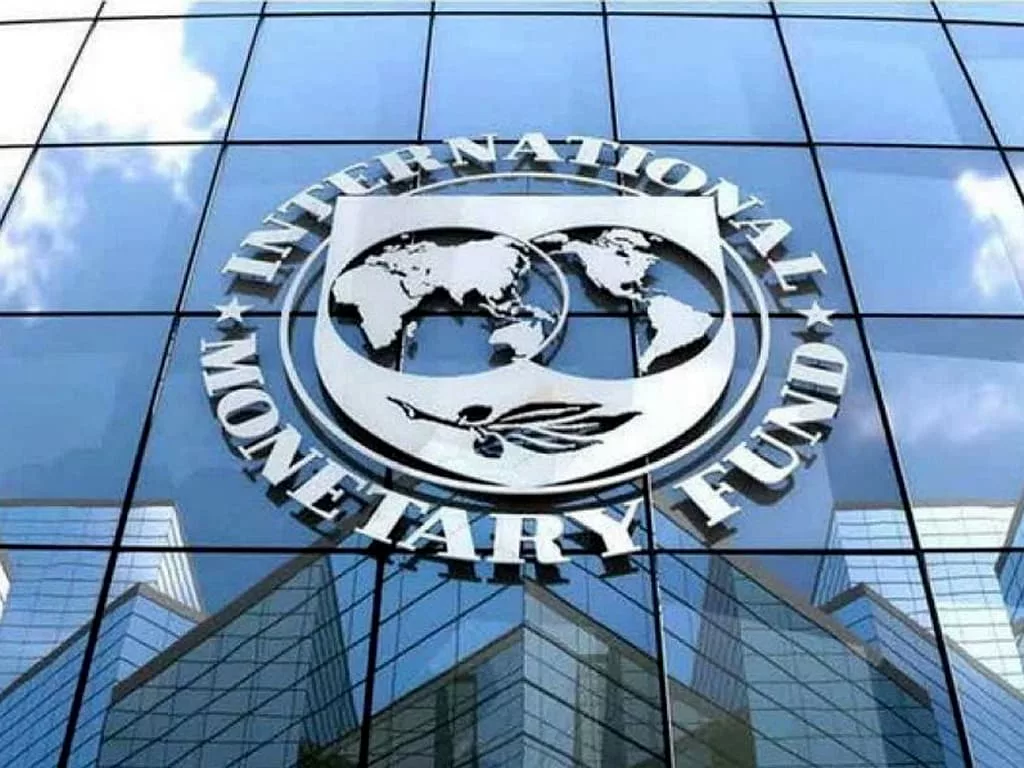The International Monetary Fund (IMF) has pointed out property tax as a vital source of funding for low-income nations like Nigeria to have sustainable growth.
The IMF recently revealed this in an analysis.
It stated, “Recurrent taxes on immovable property could help local governments capture the wealth generated through construction-intensive urbanisation. Generating such revenue fairly is especially important given the difficulty in developing countries of taxing income and wealth, which can be highly mobile.
“The appeal of property taxes is clear when we look at revenue raised in advanced economies: more than one per cent of GDP on average in OECD countries, and nearly three per cent in some advanced economies. By contrast, they raise only around 0.1 percent of GDP in emerging Asia and Africa.
“Achieving such a large growth requires improving property-tax coverage and addressing the capacity challenges in valuing real estate as ways to reverse the current revenue underperformance.
“New property identification technologies and simplified valuation methods have become widely available. With policy reforms and better technology, recurrent property tax revenues in developing countries should be at least 10 times higher than current levels.”
According to the IMF, global governments will need to raise an estimated $3tn to meet development goals by 2030, with emerging markets requiring four per cent of their GDP and low-income countries a challenging 16 per cent.
“The world’s governments must raise an additional $3tn to achieve sustainable and inclusive economic growth goals this decade. The cost in emerging markets equals four per cent of gross domestic product and 16 per cent for low-income countries.
“How can countries finance such staggering price tags? Large cities such as Delhi and Lagos show a way forward: Taxing property more efficiently can play a meaningful role in raising revenue at the local level, allowing countries to invest more in their people, new IMF analysis shows.
Previous IMF research has shown that countries have ample potential to raise more domestic tax revenue if they need it up to 5 percentage points of GDP over two decades.
“Of course, the political challenges of such reforms are far from trivial, as recent events in several countries suggest that raising taxes can create social unrest.
More efficiently, real estate taxes have an advantage in this regard: by being locally collected and spent, they may be politically less challenging than increases in broad-base national taxes.”
The IMF further observed that recurrent taxes on immovable properties could help local governments capture the wealth generated through construction-intensive urbanisation, saying that generating such revenue fairly is especially important given the difficulty in developing countries of taxing income and wealth, which can be highly mobile.
It stated that the appeal of property taxes is clear when we look at revenue raised in advanced economies.
“More than one per cent of GDP on average in OECD countries, and nearly three per cent in some advanced economies, adding that by contrast, they raise only around 0.1 percent of GDP in emerging Asia and Africa.”
Such approaches, the IMF suggested, could make property taxes 10 times more effective with the right policy adjustments and technology, like satellite imagery and drones, to map properties and expand tax coverage.
The IMF analysis emphasised that property taxes, by being locally collected and spent, might be politically less challenging than broader national tax hikes, remarking that by funding public services directly and creating a clear link between local taxes and local spending, property taxes increase accountability and enable municipalities to capitalise on the wealth created through urban development.
For sustainable adoption, the IMF recommended that municipalities gradually shift from fixed area-based taxes to a full value-based system as technological and valuation capabilities improve.
Technologies such as geographic information systems and drones are already in use in cities like Delhi and Bangalore to track property changes accurately, and the IMF is encouraging similar measures in Nigeria.
“An area-based approach initially, supported by the precision of modern mapping tools, can help countries transition smoothly to market-value-based property taxes. This pathway makes property-tax reform practical and politically appealing, especially when well-communicated to the public,” the body noted.
The IMF reaffirmed that, when properly implemented, property taxes may support inclusive growth, improve local services, and strengthen economic stability in resource-constrained nations like Nigeria, opening the door to a more robust fiscal base.

